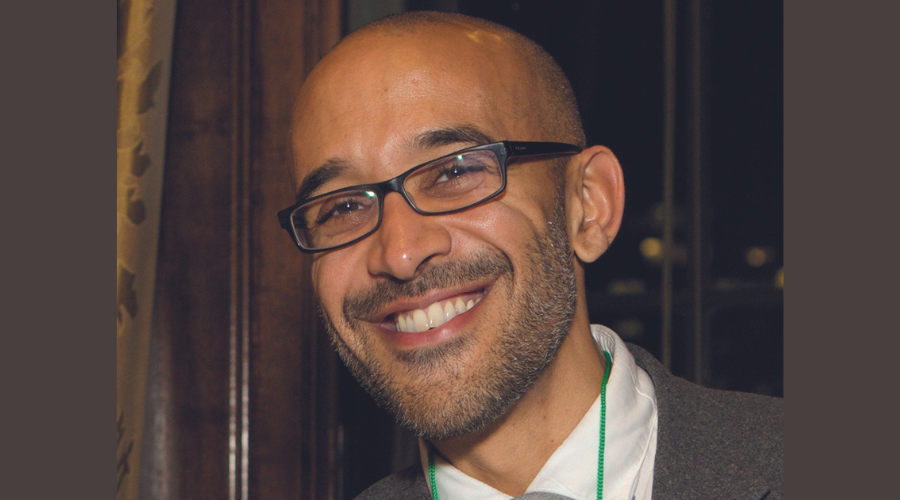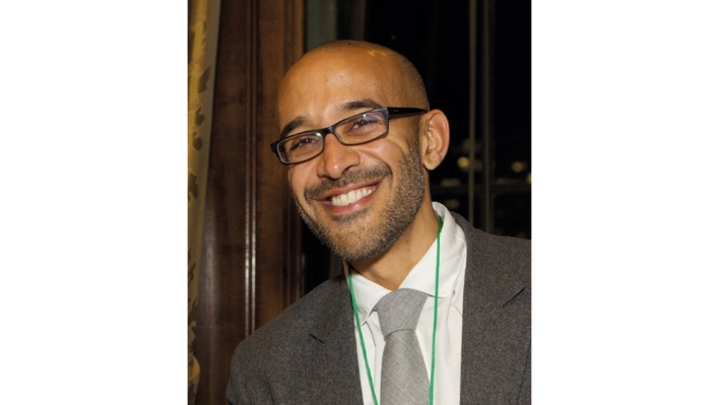Marcus Ryder survives a baptism of fire as he begins a new job helping TV workers in need
As I write this, I am “officially” just three weeks and one day into my new role as CEO of The Film and TV Charity. I say “officially” because I was already performing some of the public functions back in August at the Edinburgh Television Festival.
I have not been able to gently ease myself into the job, having taken over at a time when the industry is in crisis and the role of the charity is more important than ever.
When I was approached to write this diary, I hesitated. But I agreed to write it for one reason – the same reason I agreed to represent the charity at Edinburgh before I had started the job.
That is because there is a need to help as many people in the TV and film industry as possible who are suffering financial hardship.
I am on a mission to raise the profile of the charity and encourage as many people as possible to donate so we can help our colleagues in need.
Two days before I officially start at the charity, the great icon of black British cinema, Sir Horace Ové, dies. I receive phone calls and messages from black film-makers wanting to talk about the trailblazer who was responsible for the first feature film by a black British director.
A consistent theme that comes up in the conversations is: what is the industry going to do to remember him?
People working in the UK film and TV industry are caught in a perfect storm. The combination of an advertising downturn – causing a commissioning slowdown – with a BBC licence-fee freeze and the impact of the US actors’ and writers’ strikes – has put many major productions in the UK on hold. This is all happening in the midst of the cost-of-living crisis. So applications for our hardship grants have rocketed.
For the many freelancers who work in our industry the crisis is particularly acute.
“Where did all the money go?” I agreed to represent The Film and TV Charity at the Edinburgh TV Festival because, by that point, the Charity already knew things were looking bad and we desperately needed to raise more money.
They thought that getting me to meet the different industry bodies and have a CEO speak on panel discussions would help to raise more donations. They were right. Broadcasters, streamers, indies – big and small – and individuals all rose to the challenge. By the end of the festival, we had raised over £260,000.
“What happens when the money runs out?” I had just started at the charity and I was faced with an existential crisis. At the rate we were giving out money our grant pot would be empty by the end of November.
I didn’t want to return to our funders (or the charity’s trustees) and ask for more money until we had a plan, otherwise we would simply be putting off the inevitable – running out of money in December instead of November. We needed a long-term strategy.
The team came to the rescue. From delivering a Horace Ové remembrance event in less than a week to creating a new grants scheme and delivering it, I have learnt that my new colleagues at the charity are nothing if not agile.
When I started at The Film and TV Charity someone had left a note on my desk. It said: “There comes a point where we need to stop just pulling people out of the river. We need to go upstream to find out why they’re falling in.”
I have no idea who left it there.
But after we get through this crisis, I hope my next diary will be about how we stop people “falling into the river”, not just asking for your help to pull them out.
Marcus Ryder is CEO of The Film and TV Charity.







